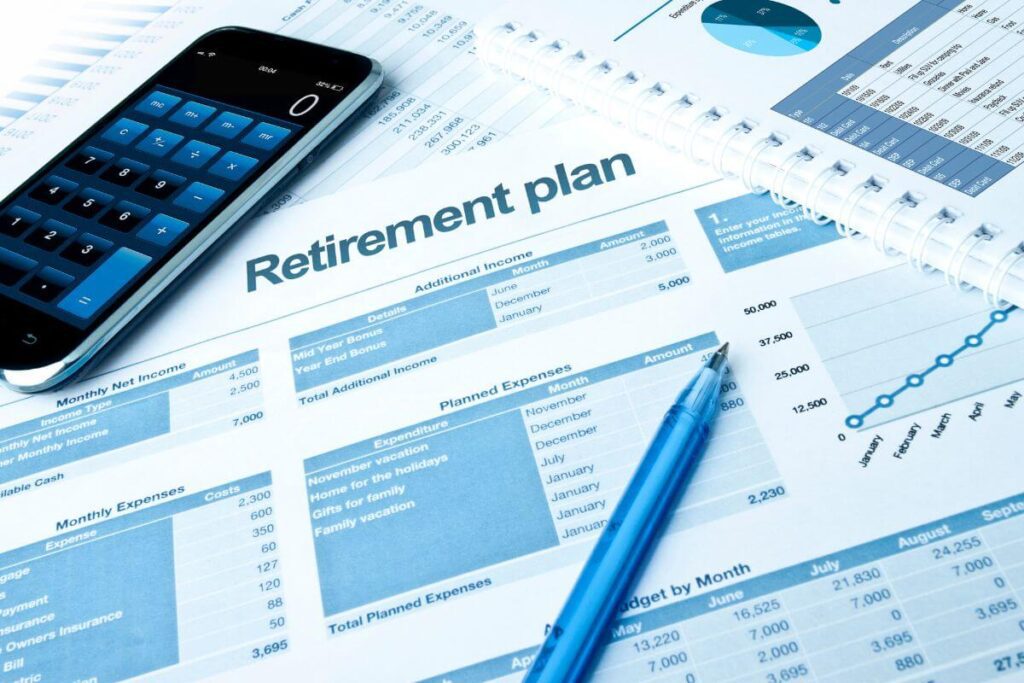Early retirement is a dream for many, especially for people who are looking for financial freedom and want to pursue their passions without the limitations of a traditional 9-5 job. If you are someone who’s chasing the same dream, you must understand the various financial implications of taking an early retirement. Based on these critical factors, you should then meticulously plan an exit from your normal job.
In this guide, we will walk you through the key considerations and calculations to help you ensure your early retirement becomes both achievable and sustainable.
How to Calculate the Cost of Early Retirement
- Estimate Annual Expenses: Calculate your annual living expenses including housing, healthcare, groceries, utilities, leisure, and travel. Remember to consider inflation, as costs will increase over time.
- Determine Retirement Duration: Estimate how long your retirement will last. If you retire at 50 and expect to live till 90, you’ll have to fund 40 years’ worth of living expenses.
- Multiply by Years in Retirement: Multiply your estimated annual expenses by the number of years you plan to be retired. For example, if you need $50,000 annually and want to be retired for 40 years, you’ll require $2 million.
- Consider the 4% Rule: The 4% rule is a common retirement planning tactic. It mentions that you can withdraw 4% of your retirement savings every year without running out of money. To apply this rule, divide your annual expenses by 0.04.
Considering the previous example, you’d need a $1.25 million reserve ($50,000 / 0.04) to support your lifestyle.
- Factor in Social Security and Other Income: Remember to include all your other sources of income, like Social Security benefits, pensions, or rental income. These funds can minimize the amount you’ll need to withdraw from your savings.

Key Considerations for Early Retirement
- Healthcare Costs: A great challenge of early retirement is covering healthcare costs before you’re eligible for Medicare at the age of 65. Private health insurance is usually expensive, and healthcare costs tend to rise as you age.
Make sure you include these costs in your retirement budget and explore options like a Health Savings Account (HSA) to cover future medical expenses.
- Inflation: Over time, inflation can wear away your purchasing power, and even with a well-planned budget, the cost of living is always likely to rise.
While planning your retirement, consider investing in assets that have historically outrun inflation, like real estate or stocks, to help safeguard your wealth.
- Investment Strategy: Since they have a longer retirement horizon, early retirees often have to be more conservative with their investments. However, being too conservative can also prove to be risky, especially if inflation erodes your returns.
You can manage this risk and still allow growth by having a balanced portfolio that includes a mix of stocks, bonds, and other assets.
- Tax Planning: Taxes can take out a major chunk of your retirement savings. If you plan to retire early, consider strategies like Roth IRA conversions, which allow you to pay taxes now and withdraw tax-free money later.

Lifestyle and Flexibility
You should also be mindful of the required minimum distributions (RMDs) from traditional retirement accounts, which typically begin at age 72.
- Lifestyle Choices: Early retirement isn’t just about money; it’s also about how you want to spend your free time. Take into account how you’ll stay active, engaged, and fulfilled without the structure of your regular job.
Whether you plan to travel, pursue a hobby, do volunteer work, or do part-time employment, having a plan for your time can make your retirement more fulfilling.
- Flexibility: One key aspect of a successful early retirement is flexibility. Remember that your financial situation, interests, or health can change over time, which is why being able to adapt your plans is crucial. This means that you might have to adjust your spending, take on part-time work, or even delay retirement if necessary.
Conclusion
Early retirement is a lucrative milestone. However, it requires meticulous planning and disciplined savings. By understanding your financial requirements, considering inflation and healthcare, and simply being mindful of your investment strategies, you can increase your chances of enjoying a long, financially secure retirement.
Remember, the key to a successful early retirement is not only about the money you save but also how you plan to spend your free time and maintain your lifestyle in the future.
Sources:










